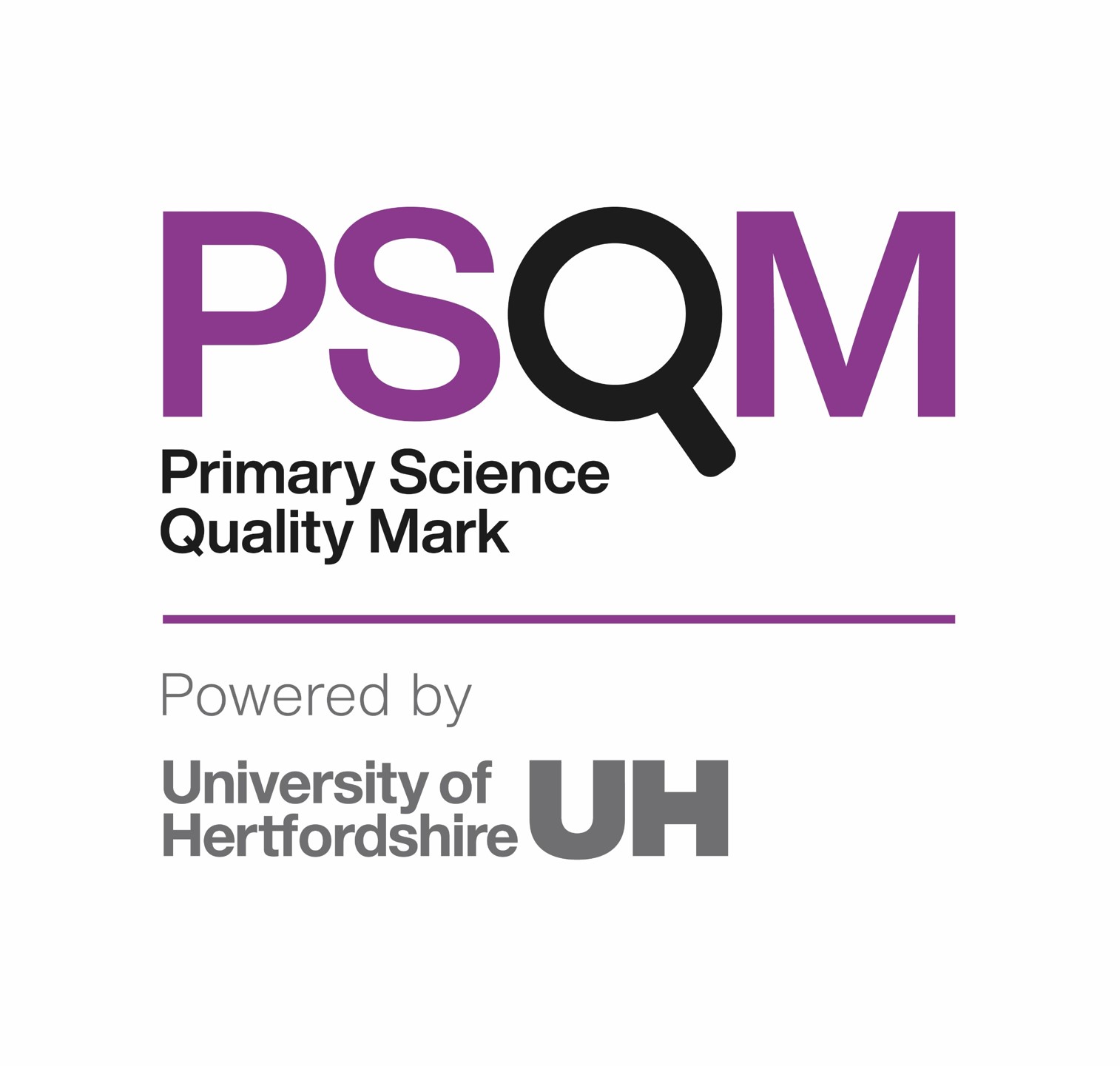Science
Curriculum Aims
The National Curriculum for science aims to ensure that all pupils:
-
Develop scientific knowledge and conceptual understanding through the specific disciplines of biology, chemistry and physics
-
Develop understanding of the nature, processes and methods of science through different types of science enquiries that help them to answer scientific questions about the world around them
-
Are equipped with the scientific knowledge required to understand the uses and implications of science, today and for the future.
At Winslow Church of England School, we recognise the importance of Science in every aspect of daily life. We encourage all children to be inquisitive throughout their time in school and beyond and to develop curiosity of the world around them. We believe that every child can be successful and achieve in Science and develop a love of learning.
We have high expectations for all of our children and our aim is that they become knowledgeable, investigative and enthusiastic Scientists. Throughout the programmes of study, the children will acquire and develop the key knowledge that has been identified within each unit and across each year group, as well as the application of scientific skills.
We ensure that Working Scientifically skills (Thinking, Experimenting and Finding) are built on and developed throughout the children’s time at school to ensure we provide our children with a well-rounded approach to Science. Through these practical lessons and tasks, we provide opportunities for our children that they may not get outside of school.

We are pleased to announce that Winslow CE School has been awarded the Primary Science Quality Mark (PSQM) in recognition of the school’s commitment to excellence in science leadership, teaching and learning. PSQM is a comprehensive evidence-based professional development programme that effectively develops science leadership, ensuring teachers have the knowledge, capability and support they need to transform science education and shape future generations.